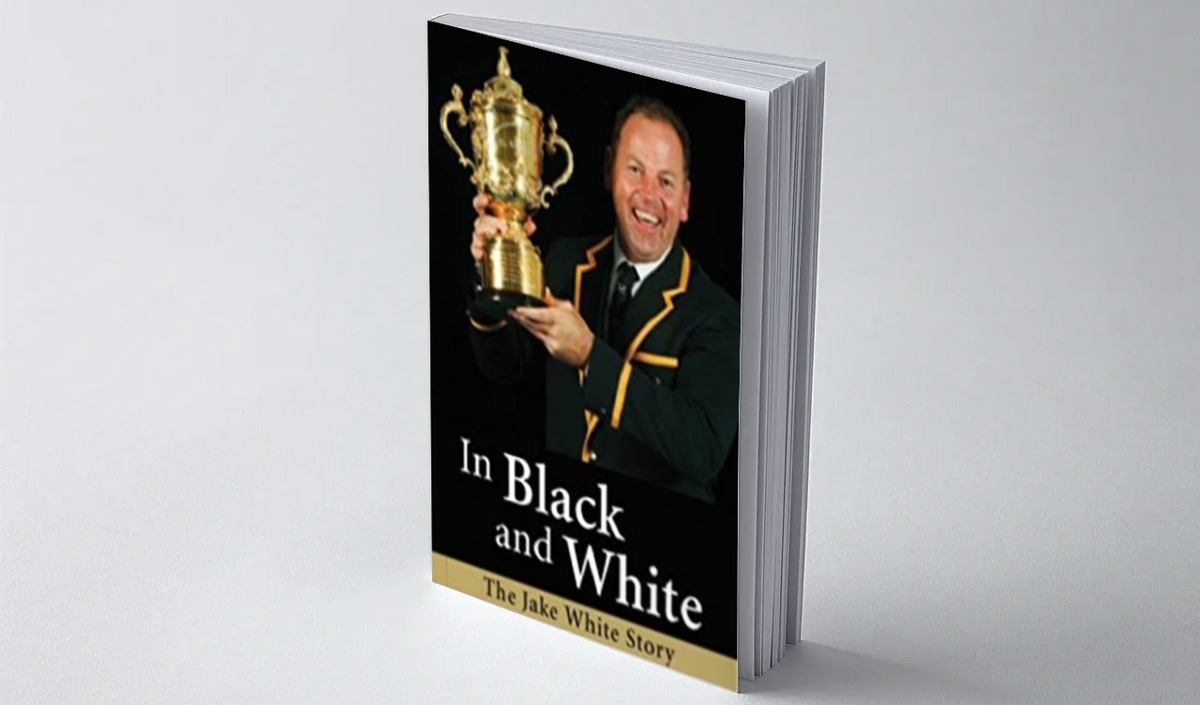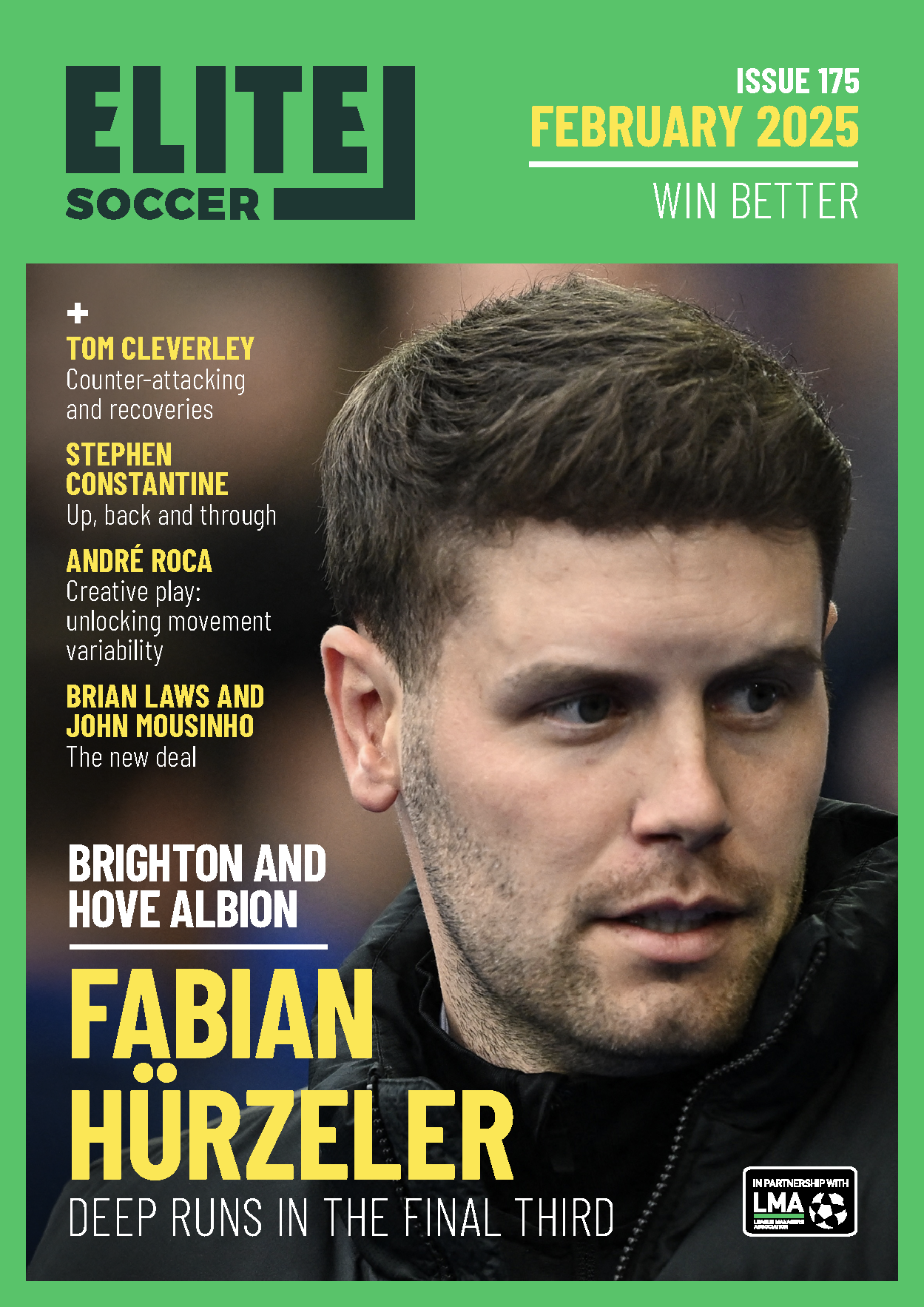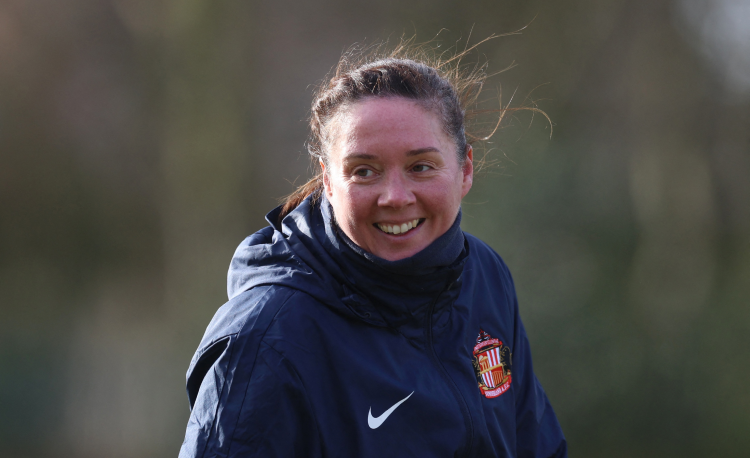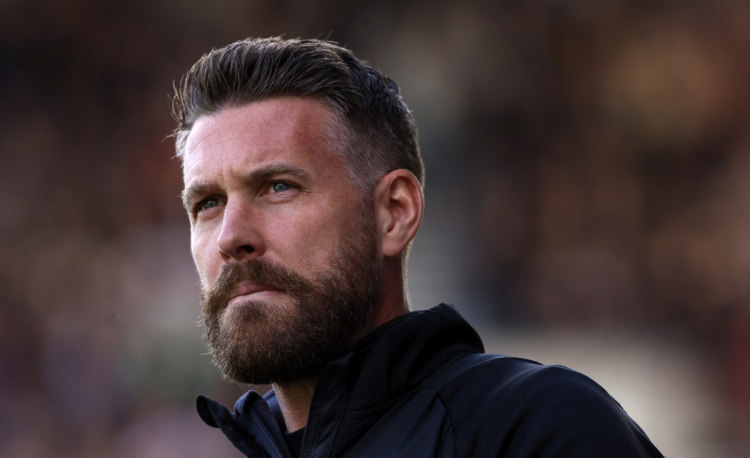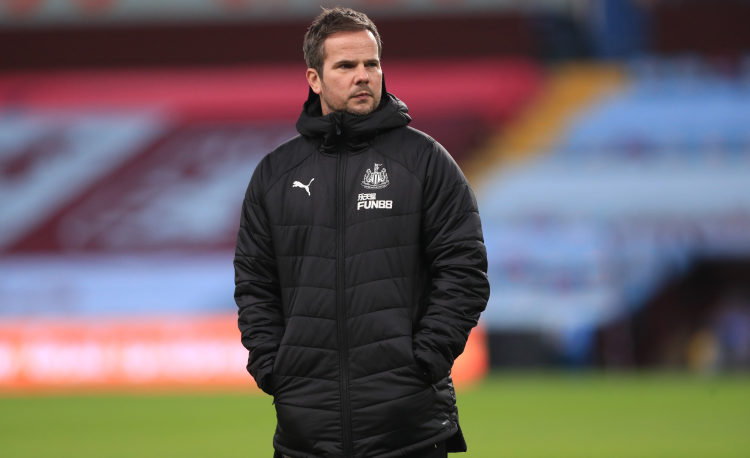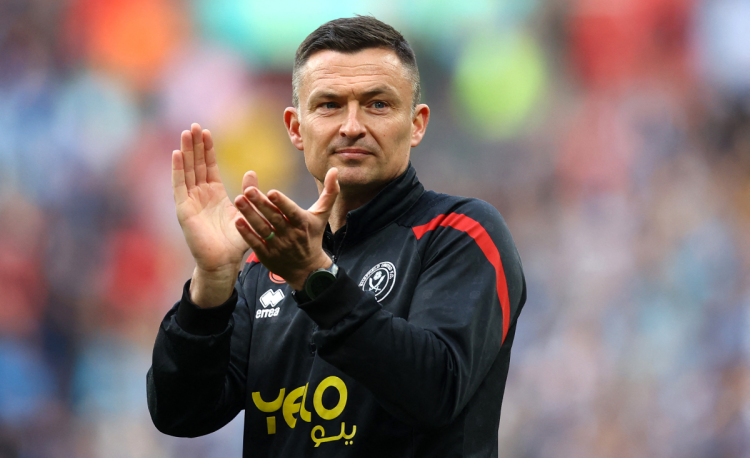You are viewing 1 of your 1 free articles
Just be yourself...and run like crazy
Jake White had a childhood dream to play for, or coach, the Springboks rugby team. Nothing unusual about that in a South African schoolboy. But White was different. His passion for leadership shone through in an essay written at the age of 17. “I have seen how you can make people believe in themselves; how you can show people that every single person can be a winner if you want it.” He wasn’t good enough to get near playing for the Boks, but was a coach at 18, leading his school 1st XV, and followed his vision all the way to the top, starting as a PE teacher. The difference was his determination and sheer commitment. “I think about rugby when I wake up, and I think about it before I fall asleep. Sometimes I dream about it. I don’t know what I would’ve done if I wasn’t part of rugby, but I’m sure I would be a miserable person.”
In Black and White is a slightly sad book in that White’s reward for complete commitment to a goal is a bittersweet one. It dives deep into the divided and conflicting culture of South African rugby, but is as relevant for soccer as it is for its sporting cousin.
It documents how White won the ultimate prize in the sport, a World Cup, but was unceremoniously booted out of the job he had wanted all his life. It’s tough at the top, and particularly so in politics-riven South African rugby.
White overcame hurdles growing up. He “never really had a father”. His parents split up when he was 13 and he was forced to change his surname from Westerduin to that of his wife’s new husband. This left him “angry, upset, scared and shocked.” But he learned to accept the change and didn’t let it get in the way – there were more important things to worry about. In his schoolboy essay he wrote: “I believe I was born with a talent for coaching.” His advice to himself and to others pursuing a goal: “Just be yourself…and run like crazy.” White emerges as someone who always tries to be positive and makes a big effort to understand the other point of view.
At the beginning of this book, written with journalist Craig Ray, White says he didn’t want his story to come across as whingeing. But the difficult circumstances in which he succeeded in winning make this particular desire an uphill struggle.
His narrative leaves the reader in no doubt that, to put it mildly, the people running South Africa Rugby are a rotten bunch of interfering so-and-sos. They appeared never to be straight with him about his contract, and White claims this became an ongoing distraction. The rancour over his employment terms, stories that he had approached the RFU for a job, plus a spate of injuries, are blamed by White for the 49-0 trouncing inflicted by Australia on the Springboks in the Tri-Nations in 2006 – the second worst defeat in Book history.
White, like other post-apartheid Bok coaches, was under pressure to meet the “transformation” agenda under which it is intended that more black players are selected. White was initially criticized for not picking enough despite having very few choices from Super 14 teams, arguing that the structure of the game was having most influence on racial balance not his selection policy.
The media seemed always to be reporting that he had or was about to resign, with the suspicion that he was being briefed against internally.
And there was a distinct lack of harmony between head coach and employer. He was grilled for two hours on his selection policy by the President’s Council, who, he claimed, asked questions based on what they had read in the papers.
White was unceremoniously dumped out of his office without notice to make way for new SA Rugby managing director Jonathan Stones.
He came under fire for resting players in the pre-world Cup Tri-Nations – a decision that arguably led to the South African victory and winning the Webb Ellis trophy.
But there was worse. Demonstrating their inability to stop meddling, SA Rugby forced flanker Luke Watson into White’s squad, despite the head coach believing he was a mediocre player.
To cap it all, SA Rugby invited applications for his job during the actual World Cup 2007 tournament, as if he didn’t have more important things to worry about.
In a chapter entitled “Hung out to dry” White has a wholly justified moan. “I always knew that South African rugby was riddled with people who had no interest in the game, only in what they could siphon from it.” The pressure of dealing with these people, of being undermined by them, made it seem to White that sometimes the role wasn’t worth the emotional and physical strain it caused. Some would say that goes with the territory.
A reader could hope for, but shouldn’t expect, much coaching detail in such an autobiography. White reveals little about his style, however, there are some flashes of inside knowledge.
Former Wallabies coach Eddie Jones in the foreword says Jake White is a “people person”. Jones realized how much time White was prepared to invest in a range of people. No aloof leader, White “goes out of his way to make himself available to his staff and his people in general.” White made a habit of writing pre-match notes to players before big games.
White regularly admits he continues to learn. He discovered that certain players have to be treated differently from others and that they all need to be treated as individuals. Schalk Burger was “not the best gym-goer”, doesn’t like stretching, and did not have the work ethic that White expected. However, that doesn’t mean he stopped trying to improve Burger. “He’d be an even better player if he did all those things too”. Winger Bryan Habana’s star quality meant he was another player White had to handle in a special way.
Overall, there’s a sense that White doesn’t really want to give much away about tactics – they are too important to winning perhaps. However, he explains about how he developed an “umbrella” defence in place of blitz or drift methods “because my players just wanted to tackle to player in front of them.” “We’d press from the outside (the wings) and ensure that after two passes, the opposition had nowhere to go. They’d have to come back inside, where we’d have players such as Schalk Burger, Juan Smith and Bakkies Botha to hit them.”
When White was appointed in coach development for the Transvaal Rugby Union he met Afrikaans-speaking guys suspicious of an Englishman from Joburg trying to tell them how to understand the game. In 1997 was given a full-time position with SA Rugby, joining Nick Mallett’s coaching team as a technical analyst, but was fired after some kind of turf war with Mallett’s No 2 Alan Solomons. Job insecurity goes with the job description. White is still looking for a new job in rugby.
In Black and White - The Jake White Story, Jake White. Zebra Press 342pp.
Editor's Picks
Deep runs in the final third
Using the goalkeeper in build-up play
Pressing principles
Intensive boxes drill with goals
Penetrating the final third
Creating and finishing
My philosophy
Pressing initiation
Compact team movement
Coaches' Testimonials

Alan Pardew

Arsène Wenger

Brendan Rodgers

Carlos Carvalhal

José Mourinho

Jürgen Klopp

Pep Guardiola

Roy Hodgson

Sir Alex Ferguson

Steven Gerrard
Coaches' Testimonials

Gerald Kearney, Downtown Las Vegas Soccer Club

Paul Butler, Florida, USA

Rick Shields, Springboro, USA

Tony Green, Pierrefonds Titans, Quebec, Canada
Join the world's leading coaches and managers and discover for yourself one of the best kept secrets in coaching. No other training tool on the planet is written or read by the calibre of names you’ll find in Elite Soccer.
In a recent survey 92% of subscribers said Elite Soccer makes them more confident, 89% said it makes them a more effective coach and 91% said it makes them more inspired.
Get Monthly Inspiration
All the latest techniques and approaches
Since 2010 Elite Soccer has given subscribers exclusive insight into the training ground practices of the world’s best coaches. Published in partnership with the League Managers Association we have unparalleled access to the leading lights in the English leagues, as well as a host of international managers.
Elite Soccer exclusively features sessions written by the coaches themselves. There are no observed sessions and no sessions “in the style of”, just first-hand advice delivered direct to you from the coach.
